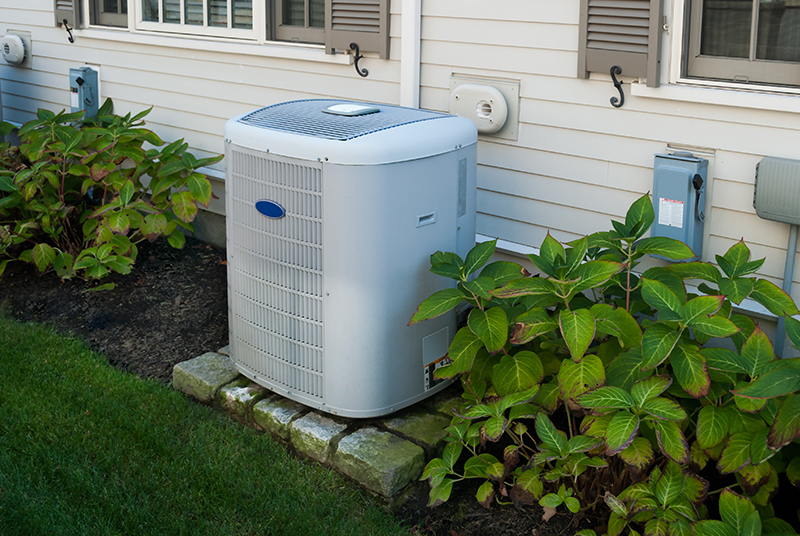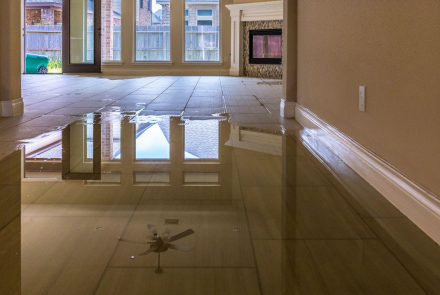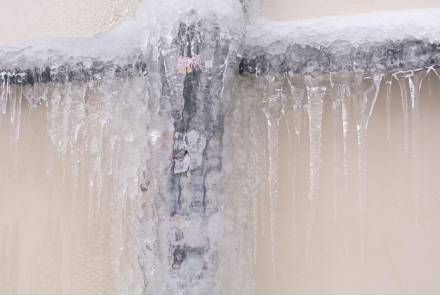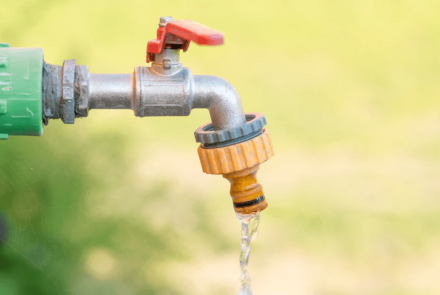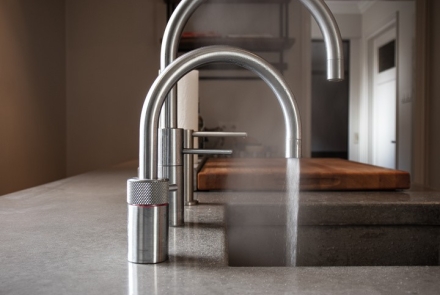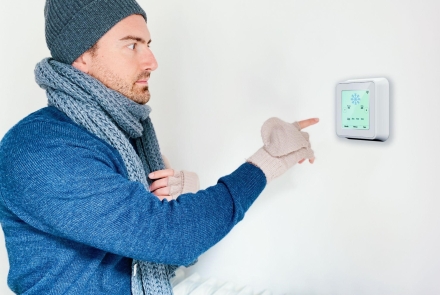Extreme weather and climate change are becoming more of a global concern. For example, the August heat wave, characterized by exceptionally high temperatures across the country, poses several challenges for HVAC systems. Extreme temperatures have a substantial impact on the performance and lifespan of HVAC systems. During heatwaves, air conditioning systems may struggle to meet cooling demand, resulting in potential malfunctions, decreased efficiency, and increased energy usage.
Understanding the Challenges
Extreme heat waves create notable challenges for HVAC systems. The main effect is a higher workload to counteract severe external temperatures by cooling indoor environments. The systems must operate for extended periods, resulting in higher wear and tear. Moreover, excessive heat can reduce refrigerant levels, which could damage the compressor and necessitate repairs or replacements. HVAC systems may encounter sensor problems, refrigerant leaks, drainage issues, electrical failures, and inadequate cooling due to compressor or airflow problems.
Optimizing Your HVAC System
Some of the things homeowners could do to keep their HVAC system in good working order in preparation for the August heat waves include:
- Changing air filters as they can become clogged with dirt, dust, and debris, limiting airflow and putting the AC system under extra strain.
- Close the drapes and blinds during the day to prevent the sun's heat from raising the temperature in the house.
- Removing debris from the outdoor condenser unit. Debris can accumulate in the unit, hindering airflow.
- Scheduling professional system inspections and maintenance to help manage any issues before they worsen.
Energy-Efficient Practices
Adjusting the thermostat to the ideal temperature enormously affects energy consumption. To maximize cooling efficiency, keep temperatures between 71°F and 77°F. Setting the temperature within this range can provide a comfortable environment while reducing energy waste. Furthermore, using ceiling fans may allow one to raise the thermostat by a few degrees while keeping the same level of comfort, greatly cutting energy use. Additionally, regular maintenance keeps the air conditioning system in excellent working order. A well-maintained air conditioning system runs more efficiently, lowering energy consumption.
Technological advancement has the potential to significantly reduce the overall energy consumption in buildings. Businesses and homeowners may save a lot of money on energy bills by using energy-efficient technologies for HVAC units. This includes using programmable thermostats, humidifiers, cooling capacity controllers, and air-side economizers.
Long-Term Solutions
HVAC maintenance is vital for keeping the system running smoothly and consistently. Regular HVAC maintenance can save money on electric bills while extending the system's longevity, improving indoor air quality, and reducing malfunctions.
Contact Us Today!
Preparing your HVAC system for the August heat wave is critical to maintaining a comfortable and energy-efficient home. By checking and replacing filters, cleaning the outdoor unit, and scheduling expert system inspections and maintenance, you can assure optimal HVAC efficiency and avoid breakdowns during the August heat wave.
Robert Bair Plumbing Heating and Cooling is a professional you can rely on for HVAC maintenance. Please contact us to schedule a consultation.

